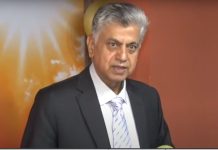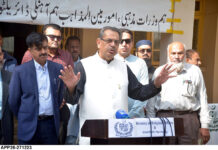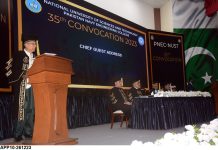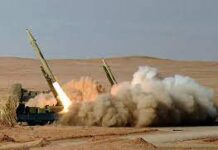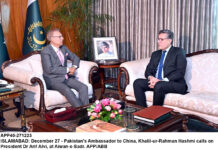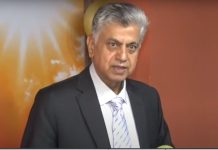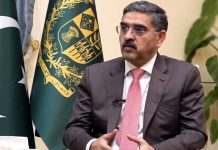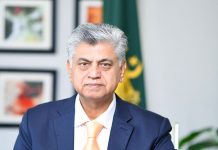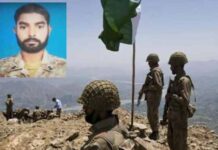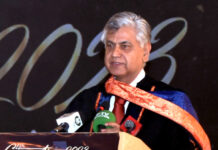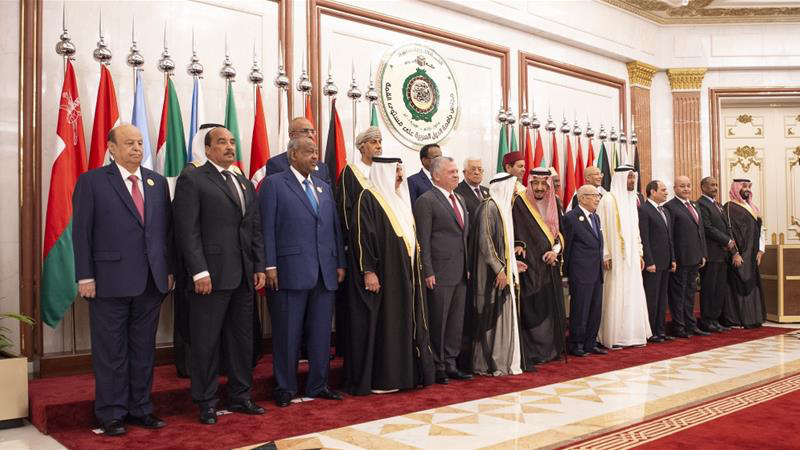
The Organisation of Islamic Cooperation (OIC) meeting, the third and final Iran-focused summit in the holy city of Makkah this week, denounced controversial US moves to transfer its embassy to Jerusalem and recognise Israel’s sovereignty over the Golan Heights. The summit of the 57-member bloc, marked by the notable absence of Iranian and Turkish leaders, called for a “boycott” of countries that have opened diplomatic missions in the city. The summit stressed the importance of amassing support for the budget of the Palestinian government to continue its work.
US President Donald Trump broke with decades of bipartisan policy to recognise Jerusalem as the capital of Israel in December 2017. The OIC’s statement comes as Trump’s son-in-law Jared Kushner prepares to roll out economic aspects of his long-awaited Middle East peace plan at a conference in Bahrain later this month. The plan, which has been heavily talked up by Trump and dubbed his “deal of the century”, has already been rejected by the Palestinians, who say the president’s policies have shown him to be overwhelmingly biased in favour of Israel. Kushner had looked to an alliance with Saudi Arabia against Iran as a way to gain Arab support.
But Saudi King Salman bin Abdulaziz Al Saud told leaders of the OIC countries gathered at the summit, “The Palestinian cause is the cornerstone of the works of the Organisation of Islamic Cooperation, and is the focus of our attention until the brotherly Palestinian people get all their legitimate rights.” The OIC also backed Saudi Arabia in escalating tensions with Iran, as King Salman warned that “terrorist” attacks in the Gulf region could imperil global energy supplies.
The remark came after sabotage attacks damaged four vessels, two of them Saudi oil tankers, off the UAE, and twin Yemeni rebel drone attacks shut down a key Saudi oil pipeline.
“We confirm that terrorist actions not only target the kingdom and the Gulf region, but also target the safety of navigation and world oil supplies,” the king told Muslim leaders.
Tehran has strongly denied involvement in any of the incidents. In a tweet just before the start of the summit, the king vowed to confront “aggressive threats and subversive activities”. “Undermining the security of the kingdom effectively undermines the security of the Arab and Islamic world,” said OIC Secretary General Yousef bin Ahmed al-Othaimeen, voicing solidarity that was shared by other members.
In back-to-back summits on Friday, Gulf and Arab allies similarly threw their support behind Saudi Arabia, which drew accusations from Iran of “sowing division”.
Regional tensions have risen sharply since the US administration reimposed crippling unilateral sanctions against Iran, after Trump abandoned a landmark 2015 nuclear deal between major powers and Iran in May last year. But Trump has appeared to soften his tone towards Tehran, saying that his government did not seek “regime change”.
Turkey’s President Recep Tayyip Erdogan was notably absent from the key OIC summit.
A regional heavyweight, Turkey – which maintains close ties with Iran – was instead represented by Foreign Minister Mevlut Cavusoglu. Iran’s President Hassan Rouhani was also not present, but sent a representative to the talks.


